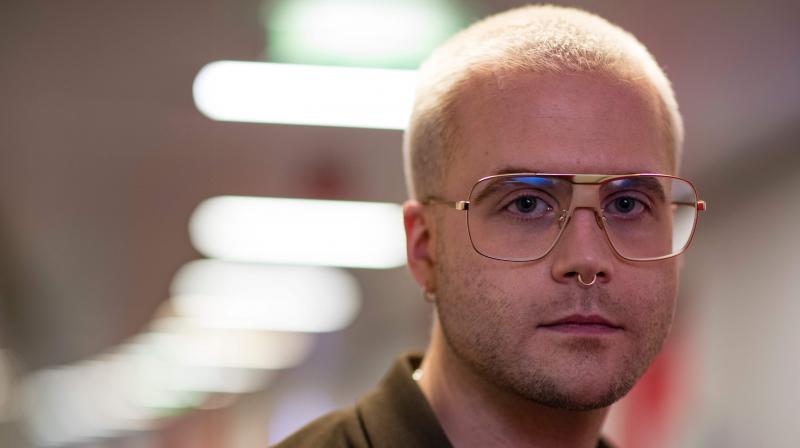Facebook, tech firms manipulative, regulation needs to: Cambridge Analytica whistleblower
12 March, 2020

Facebook and other tech companies ought to be regulated like the tobacco market, warned Christopher Wylie, the whistleblower who have exposed the Cambridge Analytica scandal.
The info scientist revealed how he helped the disgraced company, founded by Donald Trump’s former right-hand guy Steve Bannon, to use unauthorised personal info harvested from Facebook to help swing a string of elections, including Trump’s US presidential win in 2016.
Despite Facebook being fined a record $5 billion (4.4 billion euros) in america this past year for “deceiving” users about keeping their information secure, Wylie said the world has yet to awaken to the results of the scandal.
“If you want to prevent another Cambridge Analytica from happening... that begins with regulating big tech beyond simply just data protection issues, but likewise looking at whether we wish as a society to tolerate manipulative style,” he insisted.
Wylie details in his publication “Mindf*ck” how personality profiles mined from Facebook were weaponised to “radicalise” people through psychographic profiling and targeting tactics.
Too powerful
So excellent is their potential electric power over society and people’s lives, that tech professionals need to be subject to the same codes of ethics as doctors and attorneys, he told AFP mainly because his publication was published in France.
“Profiling work that people were doing to check out who was most susceptible to becoming radicalised... was applied to identify people in the US who were vunerable to radicalisation hence that they could be motivated and catalysed on that course,” he said.
“You are being intentionally monitored so that your specific biases, your anxieties, your weaknesses, your preferences, your desires could be quantified so a company can seek to exploit that for profit,” said the 30-year-old.
Wylie, who blew the whistle to the Uk newspaper, The Guardian, found in March 2018, said in least people nowadays realise how powerful data can be.
“We are now discussing it, whereas before we weren’t. For years I think journalists and society at large really did drink that Kool-Aid.
‘Colonialism 2.0’
“They bought the message that the tech industry is good plus they can conduct no wrong. What we’re today seeing is normally that big tech is just like any other market. When push involves shove, when it influences revenue, they make decisions exactly like an essential oil or tobacco provider would,” he added.
Which is why regulation is urgent, argued Canadian-born Wylie.
He made the assessment with the construction sector, which must comply with various norms and benchmarks, whereas in the digital environment the individual is left to protect themselves from a complete array of hazards they cannot possibly desire to understand.
“Facebook can be an architecture, this is a construction, it is a item of engineering. And exactly like any different highly-complex sector, whether it’s aerospace, automobiles, strength or biotech, there happen to be rules set up that regulate.”
Wylie also compared the “sense of outrage that I believe a whole lot of Americans are feeling” from what “voters found in Africa or found in a lot of South Asian countries” have suffered for decades as a result of big companies of their past colonial masters.
“There will be large businesses, or in fact countries, that could hire organizations to influence elections. And the web has made colonialism 2.0 quite simple,” he said.
Source:
